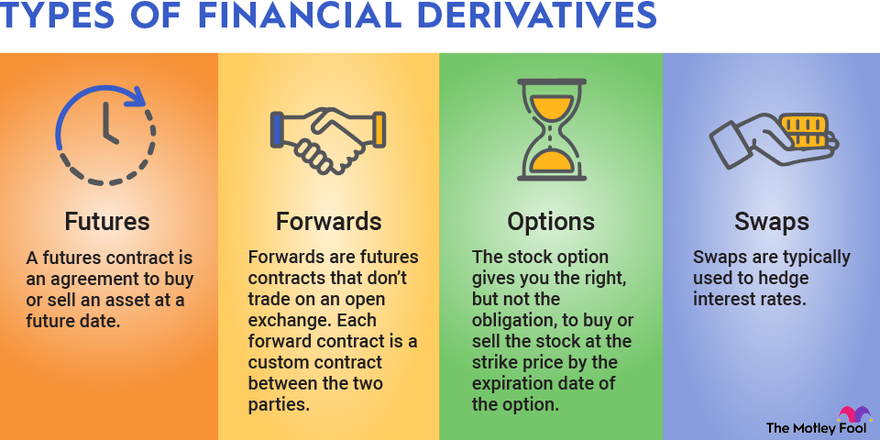Yes, you can trade in a financed car. However, the loan must be paid off as part of the transaction.
Trading in a financed car is a common practice among vehicle owners looking to upgrade or change their current vehicle before paying off their existing loan. It’s a convenient way to transition from one car to another, even while owing money on your current vehicle.
The dealer will typically handle the payoff of your current loan and roll any remaining balance into your new loan, if necessary. It’s essential to understand the value of your trade-in and the outstanding balance on your loan to make an informed decision. This process can simplify transitions between cars, making it easier for you to drive away in a new vehicle without having to clear your loan separately.

Credit: www.bloomberg.com
The Dynamics Of Trading In A Financed Car
Knowing your current loan status is vital before considering a trade-in. An equity check determines if the car’s value exceeds the remaining debt. A positive equity means the car’s worth is higher than the balance. Negative equity, or being ‘upside down’, indicates you owe more than the car’s value. This could complicate the trade-in process.
Your credit score could be affected by trading in a financed car. The dealer will pay off your existing loan if you have positive equity. This transaction will appear on your credit report. New loan terms may also influence your score. Always ensure the new loan fits your budget and doesn’t strain your finances.

Credit: www.fool.com
Assessing Your Car’s Trade-in Value
Knowing your car’s trade-in value is vital before heading to the dealership. The car’s overall condition, including both interior and exterior features, can greatly affect its valuation. Mileage also plays a significant role—less means better. A car with lower miles will usually fetch a higher price. Keep in mind that the current market demand for your car’s make and model will influence its trade-in worth. Regular maintenance and a history of no accidents will boost your car’s appeal. To get a good estimate, use trusted online resources.
Popular tools like Kelley Blue Book and Edmunds provide reliable information. These platforms consider your car’s year, make, model, and trim. To ensure a fair trade-in process, come armed with knowledge. Obtain quotes from multiple sources and compare them before negotiations. This ensures you won’t be caught off-guard with the dealer’s offer.
Understanding The Dealer’s Perspective
Dealerships deal with financed cars by considering the outstanding loan balance. They will assess the value of your car and subtract any remaining debt you have. This difference is called equity. Positive equity means your car’s value is more than the loan balance. Negative equity is when your car’s value is less than what you owe. If there is positive equity, it could be used as credit towards your next vehicle. For negative equity, dealers may roll over the debt into your new financing plan.
For better trade-in deals, start by knowing your car’s value. Use online valuation tools before you visit the dealer. Keep your car clean and well-maintained. Show records of regular maintenance to prove it’s well cared for. Do not accept the first offer – negotiate the trade-in value just like you would the price of a new car. Lastly, shop around. Visiting multiple dealerships creates competition for your trade-in, which could result in a better offer.
Strategies To Maximize Trade-in Value
Improving your car’s condition significantly affects its trade-in value. Ensure regular maintenance like oil changes and tire rotations. Fix minor damages, such as dents or scratches, to boost the car’s appeal. A clean car, both inside and out, may increase the perceived value. Implement a deep cleaning and deodorizing process before evaluation.
Trading your car at the right time can also increase trade-in value. Generally, trade-in values are higher just before the release of new models. Dealers might look for specific models at certain times. You should research market trends to identify the perfect timing. Seasonal demand can influence trade-in offers. For example, four-wheel drives may be more sought-after during winter.
Navigating The Finances
Trading in a financed car means handling the remaining loan balance. Sometimes, the car’s value is lower than this balance. This situation is known as having negative equity. Choosing to roll over negative equity to a new loan has its upsides and downsides. On the plus side, you can get into a new car more quickly without paying off your old loan immediately. But this move can lead to higher monthly payments and more debt.
To finance the next car, the existing loan amount can be added to the new financing agreement. It’s essential to find favorable loan terms to avoid high-interest rates. A down payment on the new car might reduce the rolled-over amount. This is crucial to prevent a cycle of debt. Always consider the long-term financial impact before deciding.
Final Steps And Legal Considerations
Before sealing the deal on your financed car trade-in, specific paperwork is essential. You will need to provide proof of vehicle ownership, which typically involves the car title and any loan documents. Get a release of liability form that protects you if the car is in an accident after you’ve traded it in but before it’s fully transferred. A bill of sale also becomes crucial, acting as a receipt for the transaction.
Be mindful of your state’s auto trade regulations. These rules can affect your trade significantly. Always verify that the dealership or private buyer is adhering to your local requirements. For instance, some states require a smog certification or a vehicle inspection report. Scheduling an appointment with your local DMV can provide all the necessary information for a smooth transfer. Read up on taxes related to car trades in your area, as some may require payment upon trade completion.

Credit: money.com
Frequently Asked Questions For Can You Trade In A Financed Car
Can You Trade In A Car With A Loan On It?
Yes, you can trade in a financed car. However, the loan must be paid off either by the dealership taking over the loan or incorporating the debt into a new loan. This is called rolling over your negative equity.
What Happens To My Loan If I Trade In My Car?
When you trade in a financed car, the dealer handles the outstanding loan. They may pay it off directly and apply any equity you have to the new purchase, or roll the remaining debt into your new loan.
Is Trading In A Financed Car A Good Idea?
Trading in a financed car can be beneficial if you have equity in the vehicle or need to upgrade. However, if you owe more than the car’s worth, you might face higher loan amounts and payments. Evaluate your financial situation first.
How Does Equity Affect Trading In A Financed Car?
Equity is the car’s value minus what you owe on your loan. Positive equity helps lower the cost of your next vehicle, while negative equity can increase the new loan amount. Knowing your car’s equity will guide you on the financial impact of the trade-in.
Conclusion
Trading in a financed car is possible with the right approach. Understanding your loan balance and car value is key. Work with a trustworthy dealer to navigate this process. Remember, clear communication and careful financial consideration will make your trade-in experience a success.
Ready to upgrade? Prepare and proceed with confidence.






